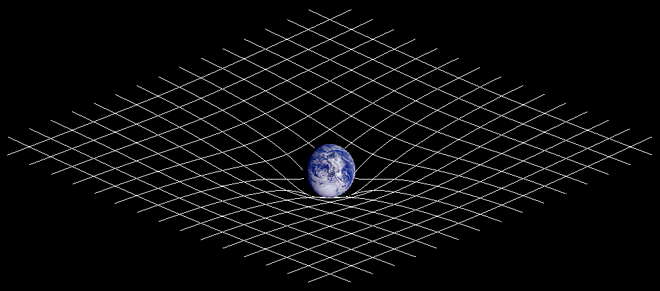Hawking counters by stating that a spacecraft entering the outer envelope (Event Horizon) of a black hole would appear, (to observers from a great distance), to slow down to the point that "time", as we know it, would appear to stop.
The spacecraft passengers entering the blackhole would experience no temporal distortion but would, according to Hawking, "be gradually squashed into spaghetti" because of the infinitely crushing gravitational field.
This scenario seems to be somewhat reminiscent of Christopher Columbus' crew fearing falling off the edge of the Earth.
Anyhow, time, in Hawking's theory, stops or slows to a crawl in a blackhole. In other words, in a blackhole both time and velocity cease.
So, the question is, "If light cannot be stopped (Einstein), and if light is trapped inside of a black hole (Hawking) where time and velocity have stopped then what is it that happens to the velocity of light without the presence of time? In other words, how do you measure "light speed" without having time as a part of the equation?
It is at this juncture (paradox) that Einstein and Hawking part company. If light stops in a black hole (Hawking) then time must stop also (Einstein interpreted).
http://www.google.com/url?sa=t&sourc...CUuYpIT3uOJJBQ









 Përgjigju Duke Cituar
Përgjigju Duke Cituar



Krijoni Kontakt